Broadgate et al. v. USCIS: The Injunction
This is part two of the four-part blog series reviewing a lawsuit (Broadgate et al.) that was filed with the District of Columbia Federal court challenging the H-1B Neufeld Memo. In the first blog we discussed the complaint filed in court. This blog will detail the Application for Preliminary Injunction filed by the plaintiffs.

Broadgate Background
On June 8, 2010 five specialty businesses (Plaintiffs) filed a lawsuit (Broadgate et al. v. USCIS) against the United States Citizenship and Immigration Services (USCIS) for the harmful effects that the Neufeld Memo has had on not only their business, but also on their foreign employees who are required to obtain H-1B visas. The intent of the lawsuit is to request a preliminary and then possibly a permanent injunction that would stop the USCIS from further implementing the Neufeld Memo.
Plaintiffs Request an Injunction
The Plaintiffs are requesting that the court orders an injunction due to the serious and lasting consequences that the Neufeld Memo has had on the small business sector. A court ordered injunction would be preliminary at first, but if certain adjustments are not made then the injunction would be permanent. In the motion filed with the court, the Plaintiffs asserted that the court could easily issue the injunction because the changes in the policy, through the Neufeld Memo, were made without following standard rule making procedures.
Argument Against the Neufeld Memo in Broadgate
The Neufeld Memo specifically went against the Regulatory Flexibility Act (RFA) which requires that changes to federal regulations must be weighed against the needs and abilities of the small business sector. The Plaintiffs stressed, in the motion filed before the court that, if an analysis had been performed, it would have been obvious that the policy changes needed further consideration due to the importance of H-1B visas to small specialty businesses nationwide.
Alleged Impact on Business
As a result of the Neufeld Memo, it is estimated that the economic impact on the small business sector is $100 million per annum. The Plaintiffs asserted that without an injunction, the H-1B petitions will continue to be denied and they will be unable to sustain their businesses.
Relief Requested by Broadgate Plaintiffs
In the lawsuit, the Plaintiffs have requested specific actions from the court.
First, they would like the court to grant a preliminary injunction that would stay in effect until the conclusion of the case. The injunction would stop the USCIS from implementing the Neufeld Memo. It would stay in place until the USCIS issued a policy that met the requirements of the Administrative Procedure Act (APA). The new policy would also need to recognize industry standard of consulting firms and staffing companies’ employment arrangements and be in compliance with the Immigration and Nationality Act (INA). The Plaintiffs requested that the Secretary of Homeland Security conduct and publish an analysis according to the standards of the RFA.
Second, if the necessary corrective actions are not made by the conclusion of the case, the Plaintiffs would like the court to declare that the Neufeld Memo is invalid and issue a permanent injunction.
Third, the Plaintiffs argued that the court must rule that USCIS must notify its field offices of the court’s order and the offices’ responsibility to comply with the court’s decision.
Fourth, the Plaintiffs requested that they be awarded the costs and expenses that they have incurred in the filing of the lawsuit.
Finally, the Plaintiffs also asked to be awarded further relief according to what the court decides to be fair considering the circumstances.
Standard for Preliminary Injunctions
The court will analyze the Plaintiffs’ requests while also considering other specific aspects within the case. The standard for issuing a preliminary injunction includes four main points. First, the court will evaluate whether the Plaintiffs have a substantial likelihood of success in their claims. Second, the court will analyze whether or not the Plaintiffs will suffer irreversible injury if the injunction is not granted. Third, the court will also examine if the injunction will have a negative impact on USCIS. Finally, the court will consider if granting an injunction will further public interest.
The court’s findings will have a substantial and lasting impact on the future of the small business sector’s use of the H-1B program. Generally a court gives great deference to administrative agencies policy making and is reluctant to issue temporary injunctions. However, this has no impact on what the court will ultimately decide. The Plaintiffs undoubtedly have put forth a compelling case. Stay tuned to the court decision and read it first on our blog.
Shihab Burke, LLC, Attorneys At Law Can Help
If you are an immigrant with any questions or concerns regarding your immigration case, visas, green card applications, or any other legal matter, speak at once to an experienced Columbus immigration attorney. A good immigration lawyer can help you and your family with any immigration issue you face and defend you if you’re accused of violating immigration law.
Our immigration attorneys will review your forms and applications for thoroughness and accuracy. Immigration laws will continually change, but an experienced immigration attorney will always be able to give you the most up-to-date immigration advice you need.
We have offices in Dublin and Columbus, Ohio, Michigan, and Texas. But our full suite of immigration law services is available to clients nationwide and even around the world.
Contact us today!






